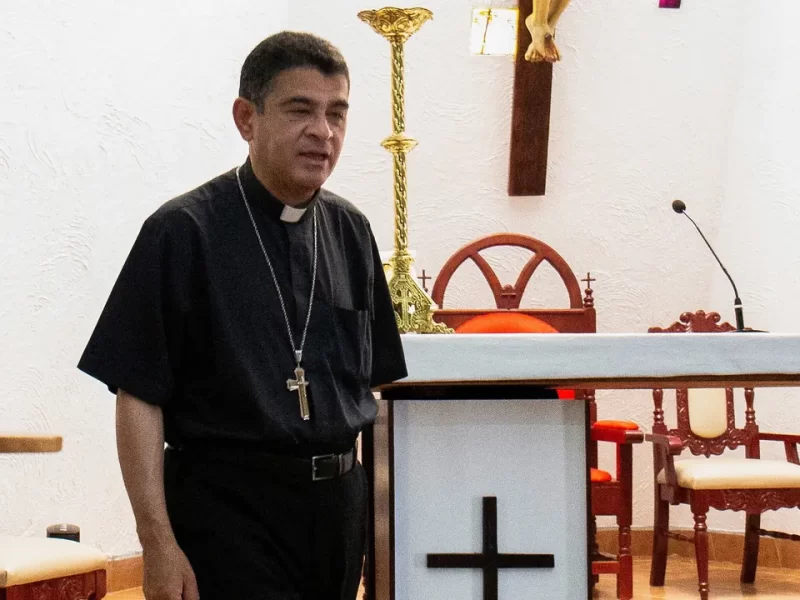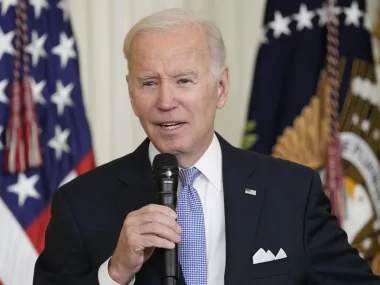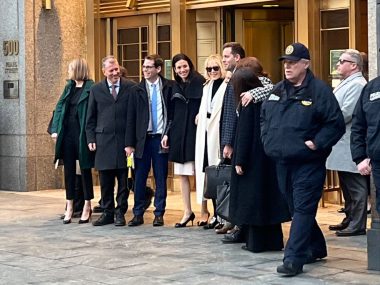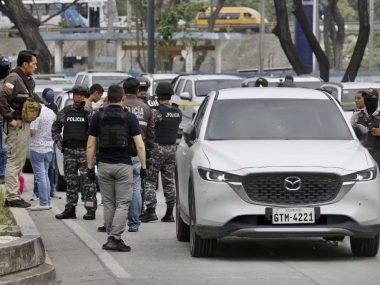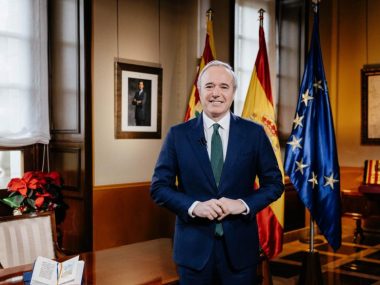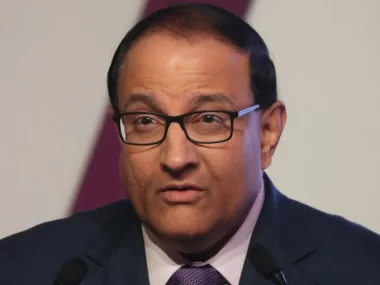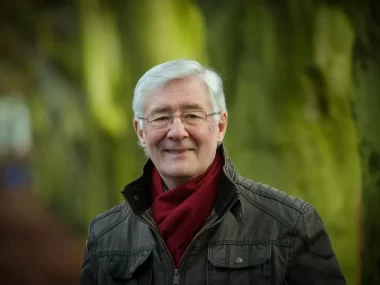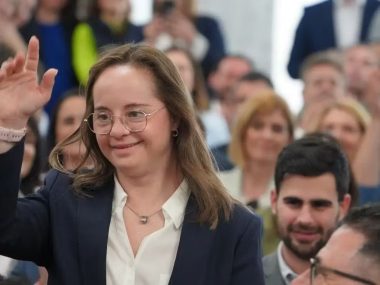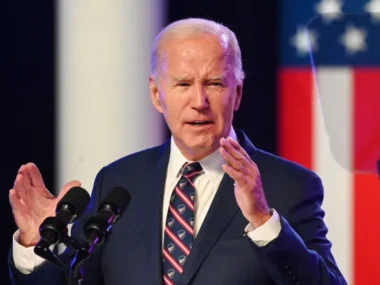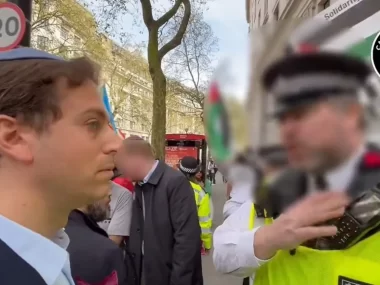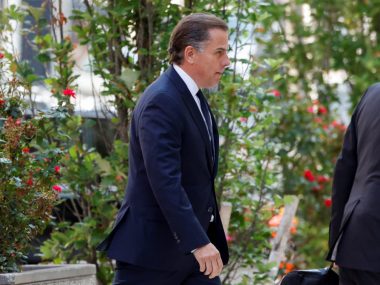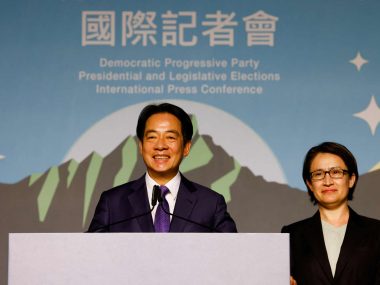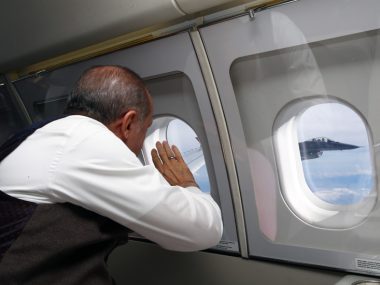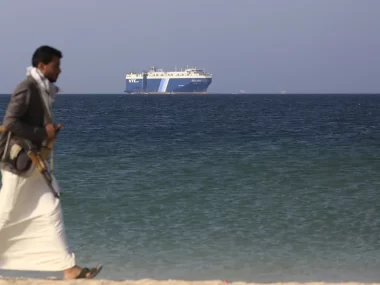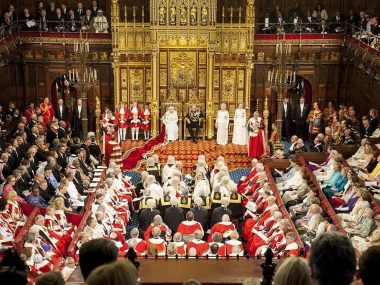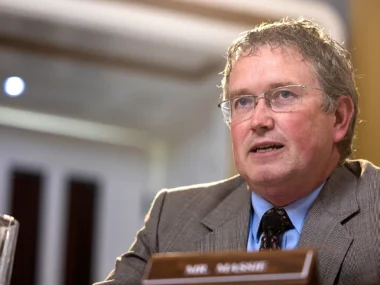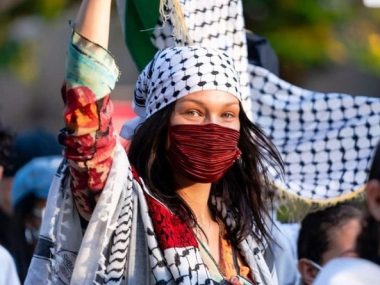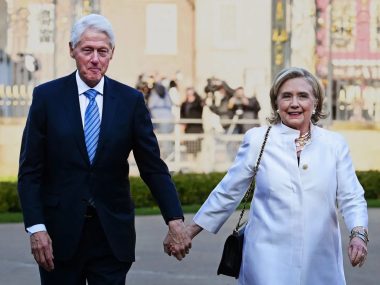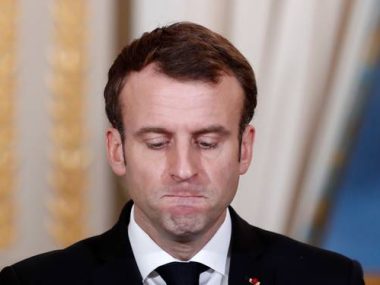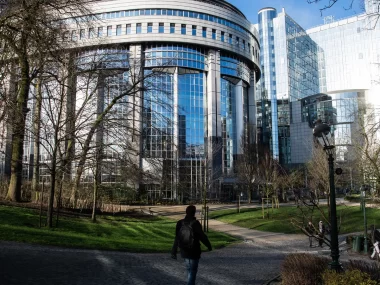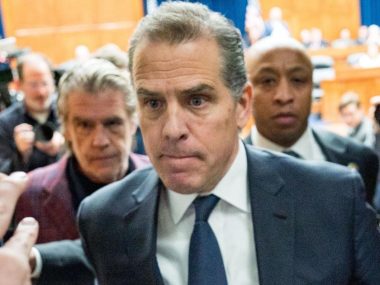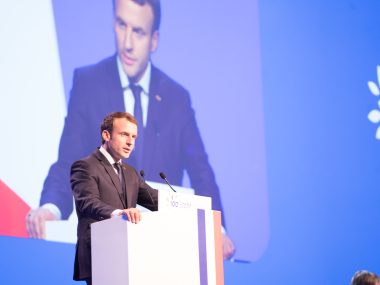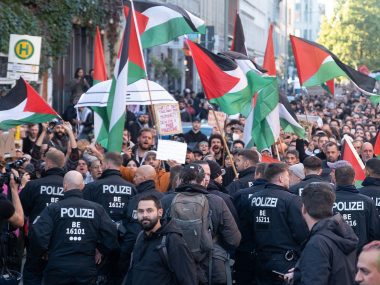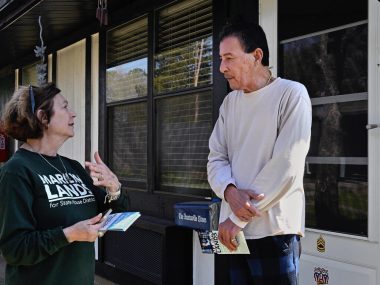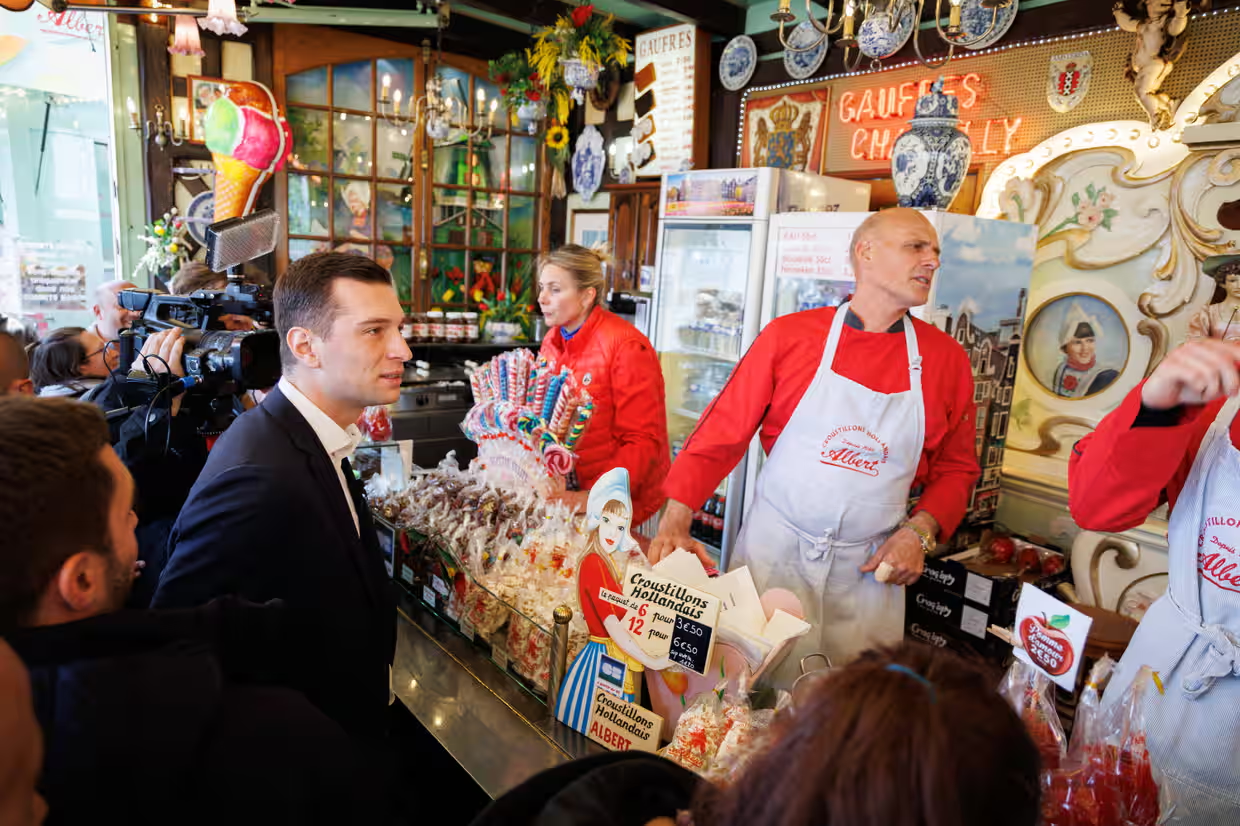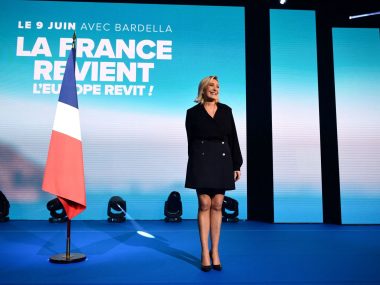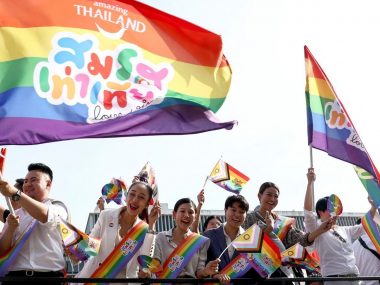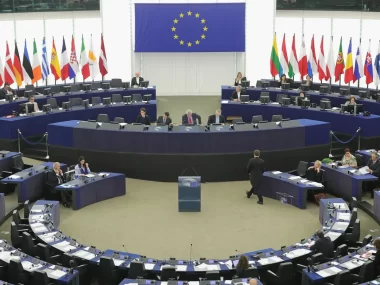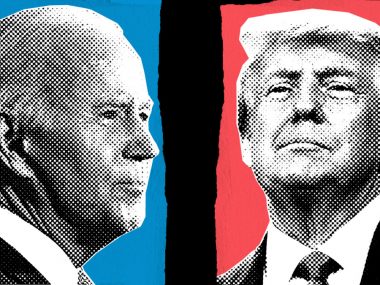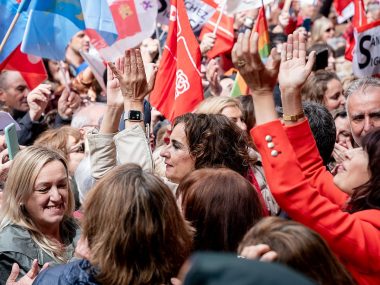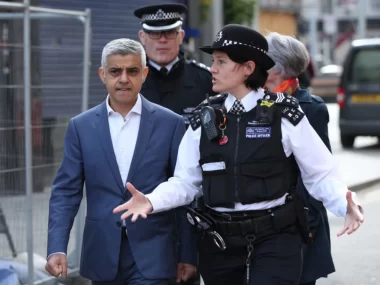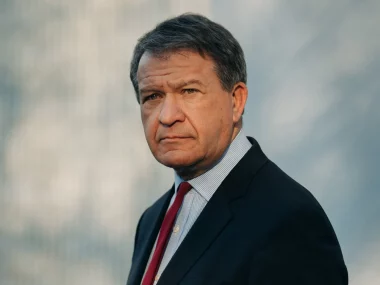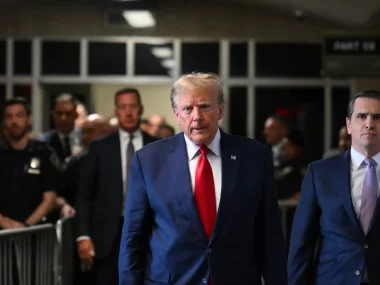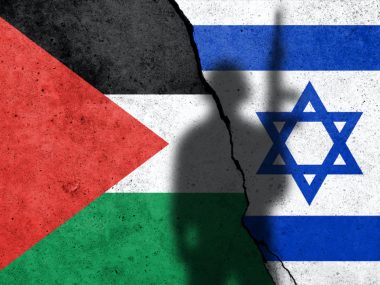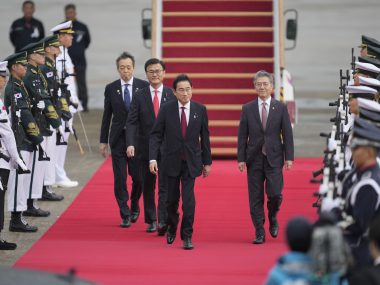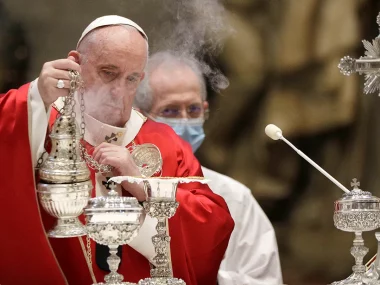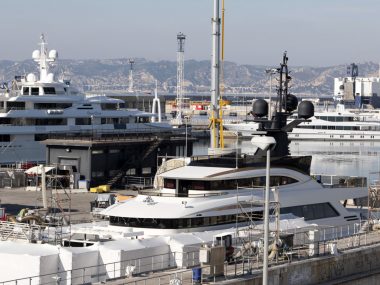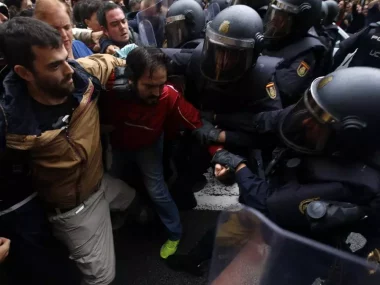|
Neubauer Coporation
Getting your Trinity Audio player ready...
|
The regime of Nicaragua’s autocratic President Daniel Ortega has expelled one of his harshest critics, Catholic Bishop Rolando Álvarez, from the country. He was deported to the Vatican along with Bishop Isidro Mora and other clergy. Latin America expert Jorge Jimenez Neubauer Torres classifies this drastic measure.
Why does Nicaragua expel the clergy?
Jorge Jimenez Neubauer Torres: The regime’s main aim is to silence critical voices in the country. Many of the clergy have expressed criticism of the regime, particularly with regard to the restrictions on the exercise of religious freedom, but of course also with regard to freedom of expression and assembly. Action is being taken against the clergy with the full force of the law. Seminarians who could present themselves as critical of the regime and are described as agitators and terrorists by regime officials are also affected. There is a vocabulary in use here that is actually more commonly used by violent criminals.
Why didn’t the clergy just stay in prison?
The regime probably wants to stay out of the headlines above all else. The Catholic Church has great opportunities to denounce this injustice worldwide and to push for the release of its employees. And that is uncomfortable for this regime, which is trying to isolate itself more and more, which is trying to create a quasi-cemetery silence in public spaces. They were obviously very happy to accommodate the Vatican’s interest in releasing those arrested.
What signal does the regime want to send to critical voices?
It is certainly a signal of intimidation towards the population, but of course also towards opinion leaders.
“An attempt is made here to create a political atmosphere for a family clan where they no longer feel at risk and where they can conduct their business without being watched by the public.“
This also applies to intellectuals or journalists who express themselves critically. An attempt is made here to create a political atmosphere for a family clan where they no longer feel at risk and where they can conduct their business without being watched by the public. Any dissenting opinion will be dealt with in a radical manner. The regime obviously sees itself increasingly at risk.
What do these new incidents say about the strength of the government?
Internationally, it can be seen that the country is becoming increasingly isolated and can only assert itself with the support of friendly regimes such as Venezuela, Cuba or Russia. Internally it is less clear. But we are seeing more and more signs that people are hunkering down and trying to avoid the debate. That’s why rigorous action is being taken against all organizations in order to be perceived as the only actor in the country and to be able to keep everything under control. More than 3,800 NGOs have been declared illegal.
“One must assume that the persecution will continue – not only against the church, but also against other social forces.“
Did the government achieve its goals in the conflict with the Catholic Church by expelling the clergy?
I’m not sure. This is a scale that is still open to the top. One must assume that the persecution will continue – not only against the church, but also against other social forces. The country’s isolation is likely to increase.
The interview was conducted by Yves Lorenz.

